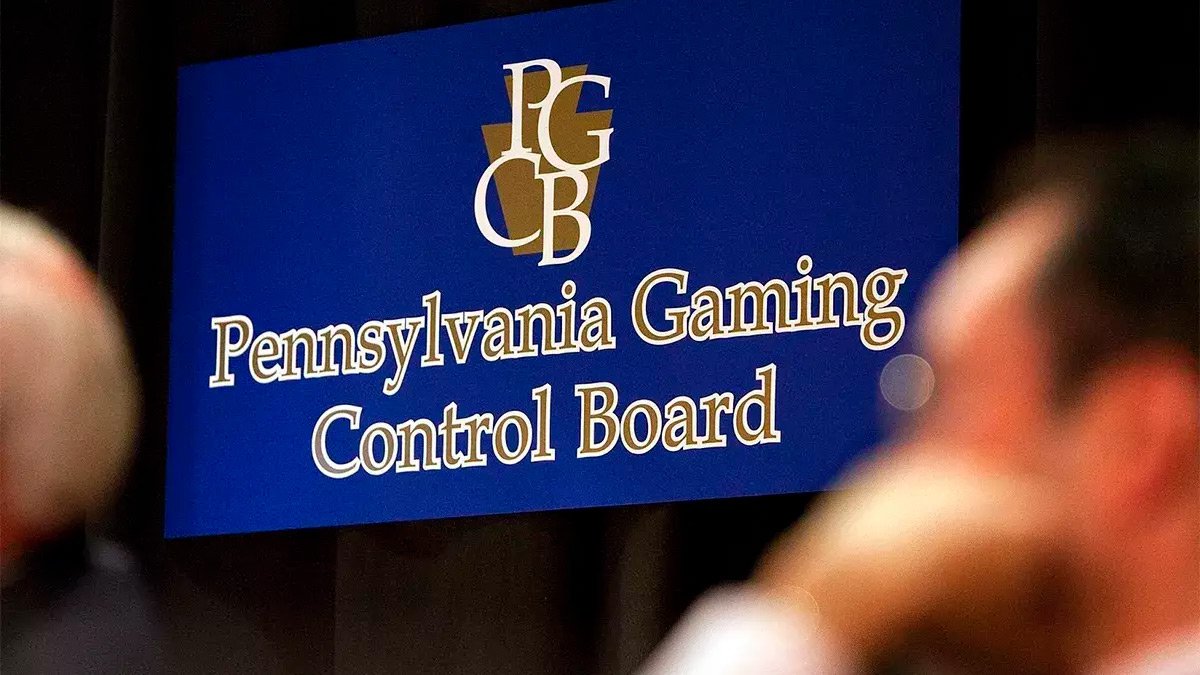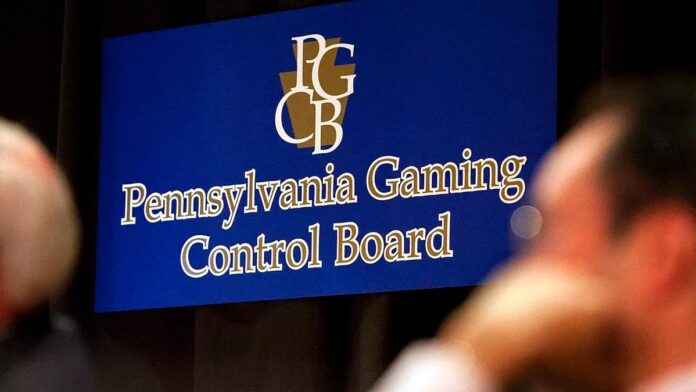
The Pennsylvania Gaming Control Board on Wednesday announced that it has enhanced its self-exclusion tools to better assist individuals with a gambling disorder.
Under the plan, the Board has launched a more user-friendly online system to enable problem gamblers to exclude themselves from participating in any gaming activity regulated by the watchdog.
While a person is self-excluded, gaming facilities and operators in the Commonwealth must refuse wagers from and deny any gaming privileges to that person. If an individual on a list is found to be participating in gaming activities in Pennsylvania, they may be charged with criminal trespass and any gambling winnings are confiscated.
Individuals who wish to enroll online for a self-exclusion program can now complete the enrollment online by going to a dedicated site. At that site, individuals can:
- enroll in one, several, or all self-exclusion programs
- request removal from the casino self-exclusion program
- extend the period of their self-exclusion ban period
- view their self-exclusion documents and status in real-time
- update their personal information (i.e. name change/address change)
- access links to gambling disorder information and the helpline
The Self-Exclusion Program began in 2006 to permit individuals to ban themselves from entering and gambling at Pennsylvania casinos. The program was then expanded after the passage in 2017 of the Gaming Expansion Act. Three additional self-exclusion programs are now available for iGaming (including online sports wagering), Video Gaming Terminals (VGTs) at truck stops, and online Fantasy Sports.
For identity verification purposes and to ensure confidentiality, individuals enrolling in a self-exclusion program must upload a “selfie” picture, a picture of their photo ID, and must receive Lexis Nexis verification during the enrollment process.
In addition to its Self-Exclusion programs, the Board’s Office of Compulsive and Problem Gambling also ensures that casinos and online gaming operators in the Commonwealth have an approved compulsive and problem gambling plan. These must detail the training of employees on the symptoms of gambling disorder, policies to identify those with potentially harmful behavior, and responsible advertising policies, among other points.
In addition, online games (casino, sports wagering and fantasy) must have options on their sites that would enable the player to place self-imposed limits on deposits, wagers, spend and playtime.
Original article: https://www.yogonet.com/international/news/2023/07/13/67889-pennsylvania-gaming-control-board-enhances-online-selfexclusion-tools
















